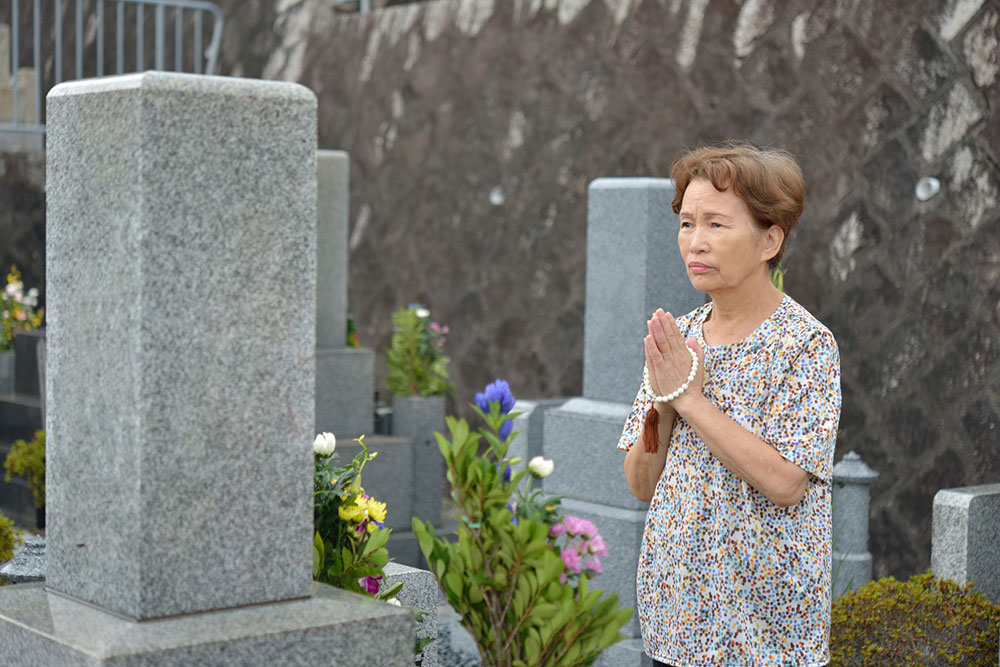10 things to avoid when attending a funeral

Funerals are a place to be quiet and respectful. While most people understand this, every funeral has different traditions and customs that one may not know. As a result, a guest may unintentionally offend someone else, including the host. Therefore, individuals must always keep a few points in mind when attending these occasions. The things one should not do at a funeral are straightforward for people to understand and remember.
Arriving late
Being on time or early is a golden rule when attending a funeral. One should arrive early to settle in before the service begins. Being late would mean interrupting the proceedings by having to look for a seat. If a person does turn up late, they should enter discreetly and quietly and look for a seat in the back to avoid disturbing the funeral setting.
Dressing inappropriately
Funerals are sad and serious occasions. Therefore, guests should not experiment with dress codes and styles. The most accepted attire at such an event is black. One should wear dark neutrals if they do not have black, but avoid dressing in business casual and steer clear of jeans and flip-flops. Wearing something suited for the event, such as formal attire, is advisable to ensure one does not offend anyone at the funeral home.







